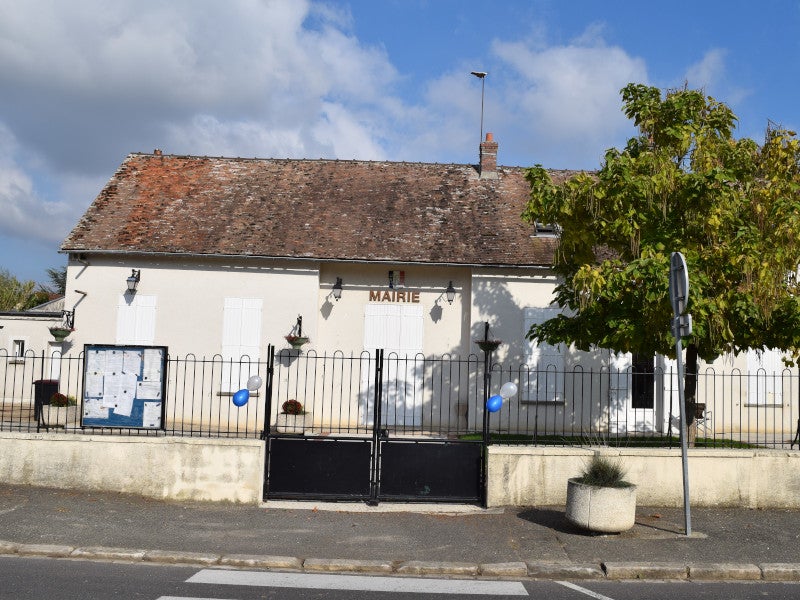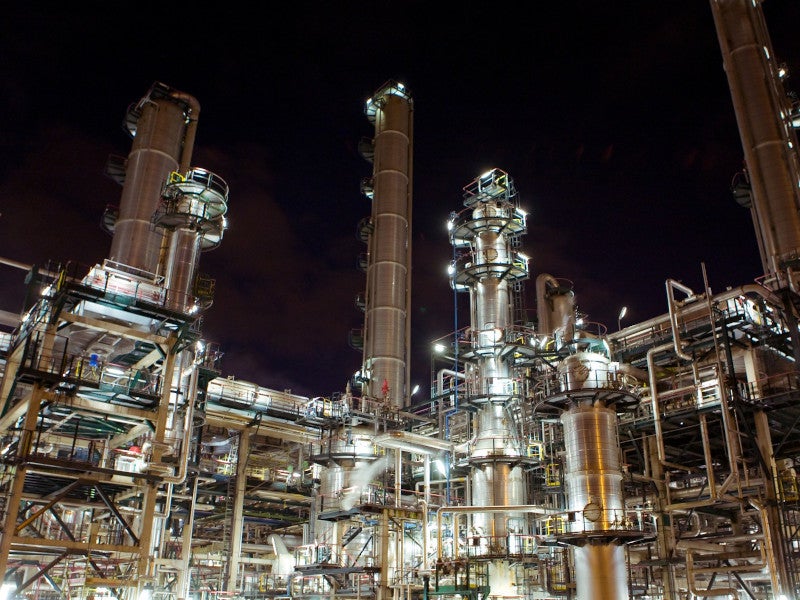The Grandpuits refinery, owned and operated by Total, in Seine-et-Marne, France is proposed to be converted into a zero-crude facility to support the development of fossil fuel substitutes and achieve carbon neutrality.
The zero-crude facility will incorporate three new industrial units, including a bio-refinery unit, a bioplastics plant, and a plastics recycling plant. The bio-refinery and bioplastics plants are scheduled for commissioning in 2024.
Total is planning to implement the conversion project with an estimated investment of more than £445.5m (€500m). The project is expected to create up to 1,000 jobs.
Grandpuits refinery details
Grandpuits is one of the oldest refineries in France. It is located in the French department of Seine-et-Marne of the municipalities of Grandpuits and Ozouer le Repos in north-central France, approximately 58km from Paris, 26km from Provins, and 20km from Melun.
It was commissioned at the end of 1966 with a 3.6 million tonnes per annum (Mtpa) distillation unit, a reformer unit, a hydrodesulphurisation unit (HDS), and a hydrotreatment unit (HDT).
The refinery currently processes approximately 4.6 million tonnes of crude annually.
Total plans to cease the crude processing operations at the site in 2021and discontinue the storage of petroleum products in 2023.
Bio-refinery unit
The bio-refinery unit at the zero-crude facility will process up to 400,000t of feed annually to produce 170,000t of sustainable aviation fuel, 120,000t of renewable diesel, and 50,000t of renewable naphtha, which will be used for the production of bioplastics.
Feedstock for the bio-refinery renewable diesel unit will primarily include animal fats and used cooking oil along with other vegetable oils such as rapeseed.
The bio-refinery unit will help France to meet the target of 2% sustainable aviation fuel by 2025 and 5% by 2030.
Bioplastics plant
The bioplastics plant at the proposed zero-crude platform is expected to start operations in 2024, becoming Europe’s first polylactic acid (PLA) manufacturing plant. The plant will produce 100,000t of PLA annually from sugar.
PLA is biodegradable and recyclable, and it has various industrial applications in addition to film wrap and rigid packaging.
Plastics recycling unit
The proposed plastics recycling unit, which will be France’s first chemical recycling plant, will employ a new innovative recycling technology to convert plastic wastes into a liquid called TACOIL through a pyrolysis melting process.
TACOIL will be used for food-grade applications as well as for the production of polymers with identical properties to virgin polymers.
Power supply for the Grandpuits refinery site
A 28MW photovoltaic (PV) solar power plant is proposed to be constructed at the project site to meet the electricity requirement of the new bio-refinery unit, as well as the bioplastics and plastics recycling plants.
Contractors involved
Honeywell was contracted to provide its UOP Ecofining™ process technology for renewable jet fuels production at the bio-refinery, in November 2020. The contractual scope includes the supply of technology licenses, basic engineering services, specialty equipment, and catalysts for the project.
Total Corbion PLA, a 50-50 joint venture between Total and Corbion, will build the bioplastics plant at the project.
The plastics recycling plant will be constructed by a joint venture of Total (60%) and Plastic Energy (40%).
Total Quadran will build and operate the proposed PV solar plant on the project site.
Grandpuits project background
The refinery was shut down for five months in 2019 because of a leak on the 260km Ile-de-France pipeline (PLIF) which links the refinery with the Port of Le Havre. Earlier, the refinery was shut down in 2014 due to a leak near Le Havre.
An audit conducted in wake of the 2019 events led to the conclusion to stop the operations at the refinery. The audit found that operations at the refinery can be restored by replacing the PLIF at an estimated cost of approximately £550.7m (€600m).
Total, however, sought to end oil refining operations and start producing biofuels and bioplastics at the Grandpuits site.





